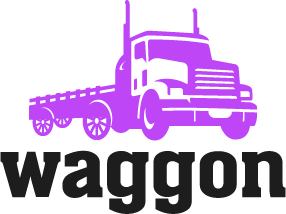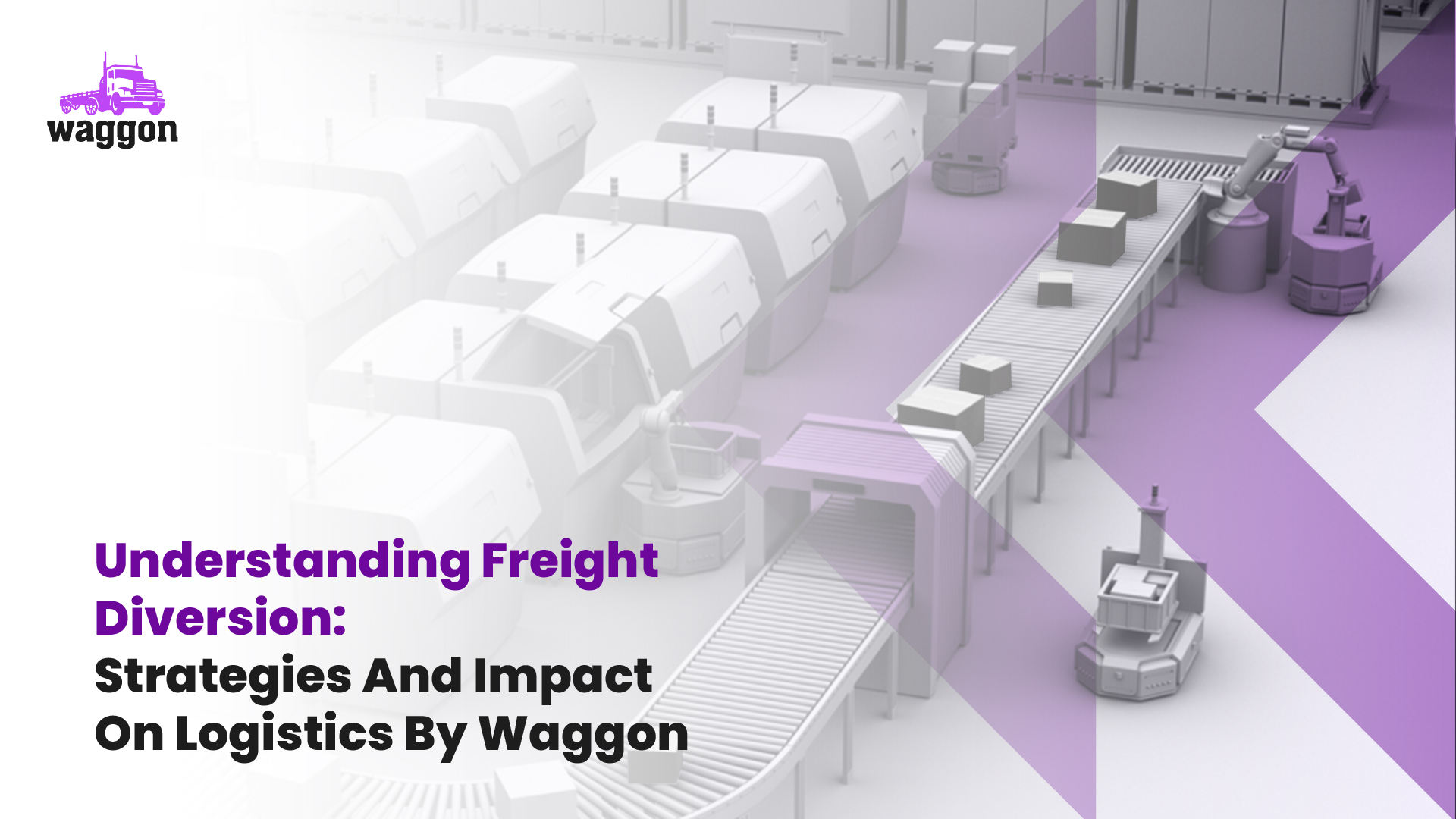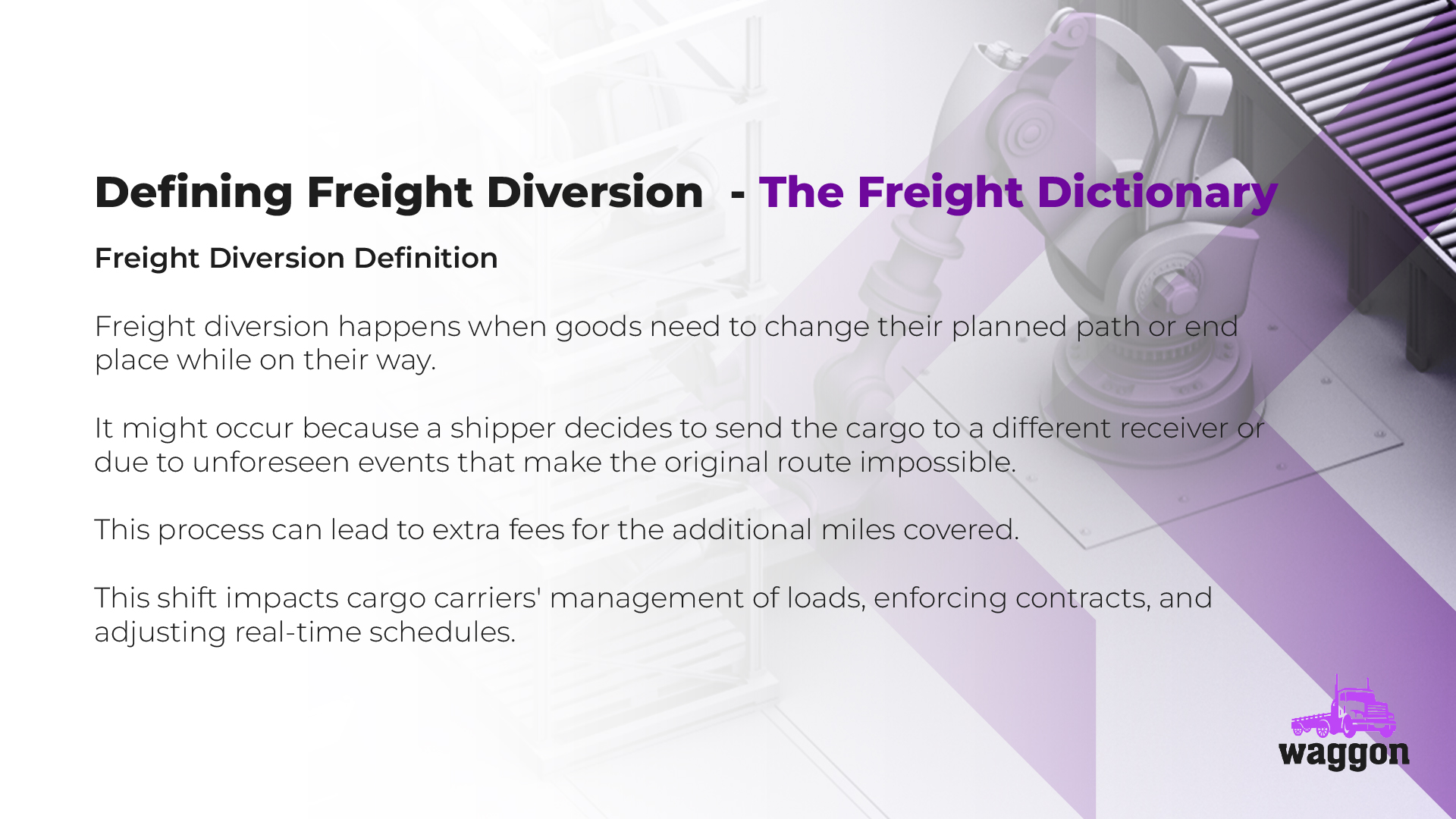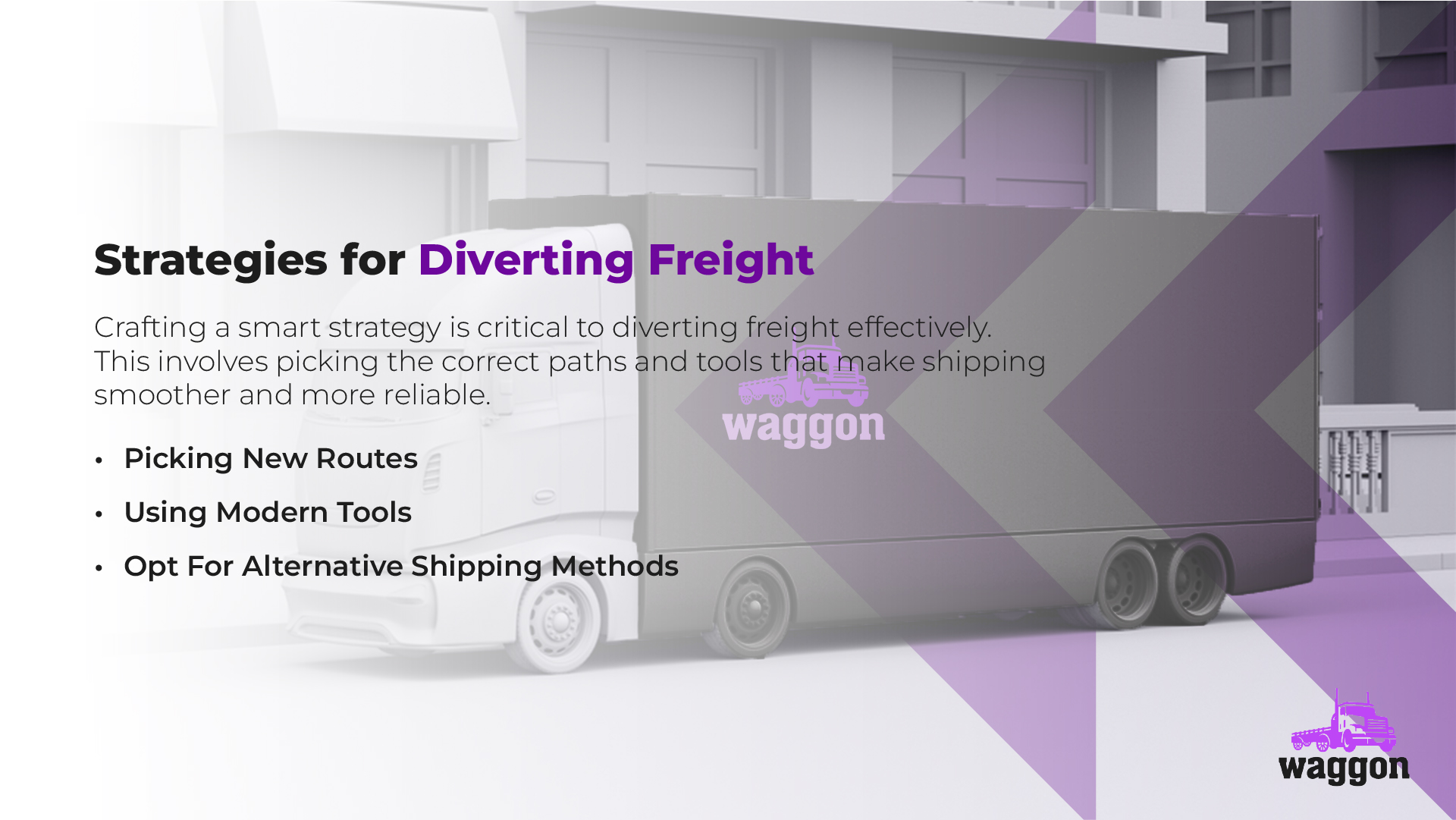Waggon specializes in a diverse array of freight solutions designed to meet every aspect of your logistical needs.
Are you ready to partner with a team as dynamic and driven as your own?
Dive into the Waggon advantage, where every logistical challenge is met with an innovative, steadfast solution.
Your supply chain success story starts here.
Waggon’s logistics services are the cornerstone of industry-specific supply chain superiority, offering unparalleled precision and reliability tailored to the unique demands of our clients.
Our extensive array of solutions is thoughtfully designed to address the distinct challenges faced by businesses across various sectors.
Waggon’s logistics services form the backbone of supply chain excellence, delivering unmatched reliability and efficiency tailored to the diverse requirements of our clientele.
Our comprehensive suite of solutions is meticulously designed to tackle the unique challenges businesses face today.
At Waggon, we know firsthand that a strong partnership is critical in delivering best-in-class logistics services.
We take pride in the unwavering and strategic relationships we establish with our clients.
Contact Us
-
Scottsdale, AZ 85251
US - +1 (904) 930-4400
- info@waggon.io
Our team of logistics experts has the knowledge and experience needed to serve businesses of all sizes.
Waggon proactively offers custom solutions that align with shippers’ specific needs — not the other way around.
Contact Us
-
Scottsdale, AZ 85251
US - +1 (904) 930-4400
- info@waggon.io
